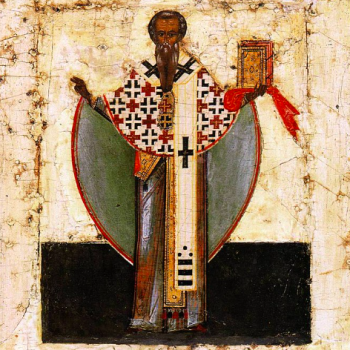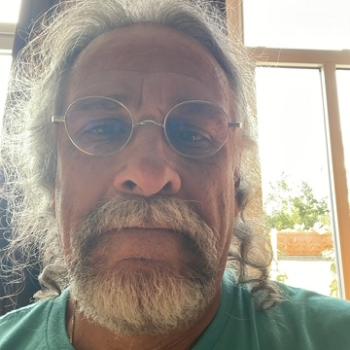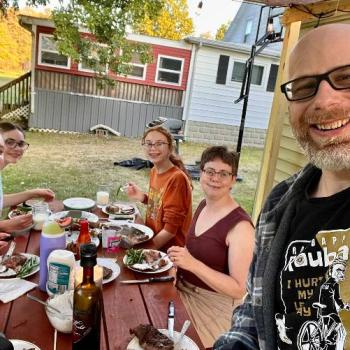 Douglas Johnston is the president and founder of the International Center for Religion and Diplomacy, a group that has lately been noted for its unique, groundbreaking work with madrasas (schools of Islamic learning) in Pakistan. Johnston comes to this work after a long and productive career in the private and public sectors, from serving in nuclear submarines to teaching at Harvard University. His edited collection Religion: The Missing Dimension of Statecrafthas long been cited as a key text in conflict resolution studies.
Douglas Johnston is the president and founder of the International Center for Religion and Diplomacy, a group that has lately been noted for its unique, groundbreaking work with madrasas (schools of Islamic learning) in Pakistan. Johnston comes to this work after a long and productive career in the private and public sectors, from serving in nuclear submarines to teaching at Harvard University. His edited collection Religion: The Missing Dimension of Statecrafthas long been cited as a key text in conflict resolution studies.
Johnston's new work, Religion, Terror, and Error: U.S. Foreign Policy and the Challenge of Spiritual Engagement, is the subject of the new Patheos Book Club. I asked Johnston about his view of the ongoing relationship (and struggle) between Islam, Judaism, and Christianity and the role that religion should play in American foreign policy.
What grade would you give the United States for its response to religious terrorism and radical Islam since 9/11?
B-minus. Thus far, that response has largely focused on addressing symptoms, while all but totally ignoring the causal factors. Positioning ourselves to deal with the latter will require that we broaden our basis for understanding the religious dynamics at play and optimize our opportunities for responding effectively. Here, we should begin by determining which of our existing assets could be usefully redirected to help deal with the problem. That should then be followed by developing whatever new capabilities are required to bridge any remaining gaps.
Among the existing assets are the American Muslim community, nongovernmental organizations (NGOs), and U.S. military chaplains. Before developing any new capabilities, however, the political ambiguities surrounding our separation of church and state should be clarified. Once that is done, the State Department should be realigned to enable policy makers and diplomats to deal with religious challenges in the normal course of doing business. Steps should also be taken to develop an operational conflict prevention capability that will permit early intervention in unsettled situations to deter conflict before it breaks out.
Finally, there is the need to support "organic suasion," or change and healing from within. The obverse of "shock and awe," this is a process in which religious extremism is marginalized or moderated by members of the same faith community, drawing upon their own traditions and sacred texts.
Each of the above categories of change is discussed at length in my new book, Religion, Terror, and Error: U.S. Foreign Policy and the Challenge of Spiritual Engagement. Conspicuously absent in our strategy to counter radical Islam has been any thoughtful attempt to capitalize on the extensive paths of influence that American Muslims have with their religious counterparts overseas, many of them in locations of considerable strategic consequence to the United States.
For many Americans, the burning World Trade Center towers and other images of 9/11 have come to stand for Islam itself. What would you say to your fellow countrymen about this religion they see as a lingering threat?
Like other religions, Islam has its extremist elements. It also has an illustrious history, which includes numerous contributions to the civilization we enjoy today. The terrorist attacks by Islamic extremists are no more representative of Islam than are those of the Ku Klux Klan of Christianity. (The onerous deeds of the so-called Lord's Resistance Army in Uganda also come to mind). And just as Osama bin Laden rallied his followers by quoting religious scripture out of context (e.g. "slay the infidels wherever you find them"), so did the Dutch Reformed Church do precisely the same in justifying the practice of apartheid in South Africa. Thus I would say to my fellow countrymen, "The best way to deal with Islam is to make a concerted effort to understand it, first of all, by getting to know a Muslim."




